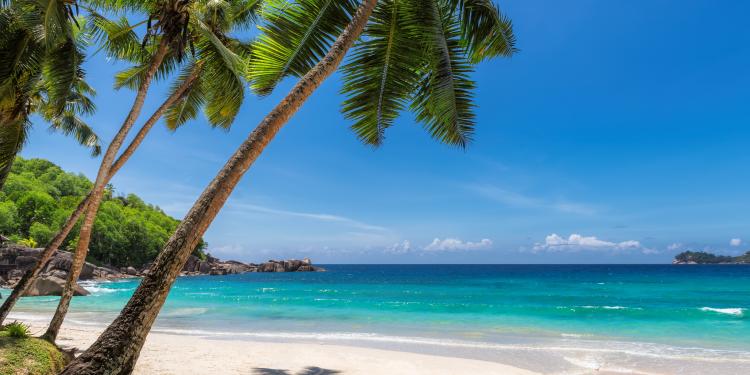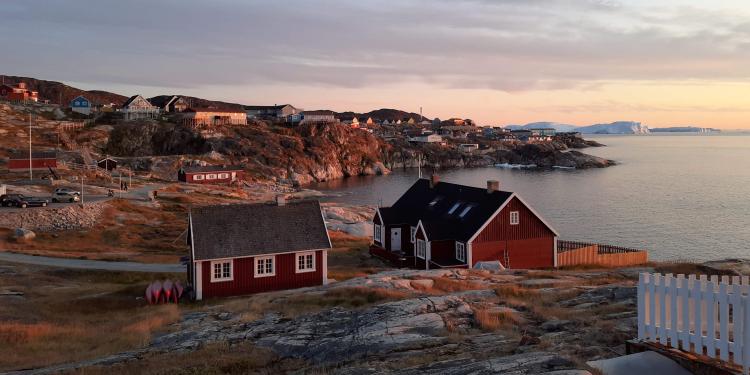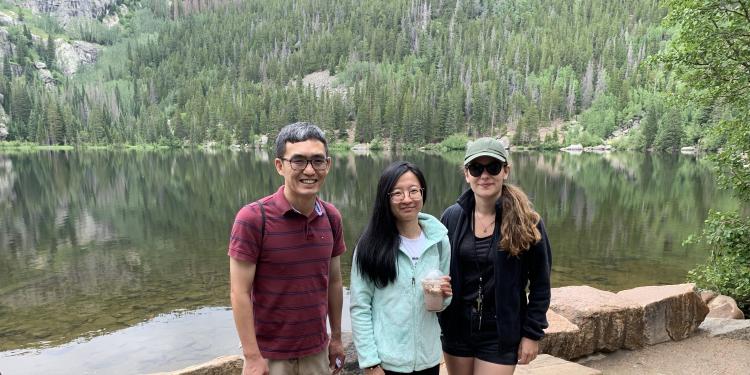Travel and Tourism Research Group

Who We Are
Travel and tourism is widely recognized as one of the largest and fastest-growing economic sectors in the world. It contributes to 10% of global GDP and supports one in ten jobs (World Travel & Tourism Council, 2018). Travel also benefits personal growth and wellbeing through interacting with diverse cultures and landscapes.

A rising number of communities invest in tourism to generate local economic activity, create job opportunities for their residents, generate tax revenue to support essential public services for residents and visitors alike, and preserve and share local cultural and natural heritage. As a result, responsibly managed travel and tourism have become a key driver of socio-economic wellbeing in large and small communities.
The Travel and Tourism Research Group aims to understand the human experience of travel and ways of engaging with fluid components of tourism. We strive to advance interdisciplinary tourism knowledge on tourism marketing, planning, management, and education to address today's global challenges.
Our Shared Interests
- Documenting the cultural, economic, and social impacts of tourism on communities and environments in developed and developing countries.
- Understanding current and potential markets for a destination through market research; assessing the effectiveness of promotional activities and materials.
- Using innovative methods such as big data analytics to understand tourists, markets, and impacts in order to better market a destination and manage tourism systems.
- Developing strategic plans for sustainable tourism products, services, and communities.
- Working towards creating policy that will improve sustainable recreation and tourism planning regionally, nationally, and globally.
- Drawing attention to the lived experiences of local residents as they negotiate new forms of tourism in emerging destination communities across lesser developed and biologically diverse regions.

Group Expertise
In the Travel and Tourism Research Group, we use innovative methods- ranging from ethnography to tourism big data- to study the wellbeing, community, and societal issues in the tourism system and within a cross-cultural context. Our current thematic research areas are listed below.
- Destination marketing and management
- Tourism planning and development
- Consumer, visitor, attendee, tourist behaviors and experiences in travel and tourism
- Wellbeing and travel and tourism
- Sustainability issues, resilience, societal, economic, and environmental impacts of tourism, protected areas, and biodiversity conservation
- Destination capacity analysis and planning
- Tourism – protected area interactions
Future Directions and Implications

Travel and tourism contribute significant value to economies and communities; the industry also increases risks for already vulnerable populations and environments.
In addition, climate change and the unabated growth of the world economy pose challenges to the future growth of business and leisure travel. We strive to meet these challenges with innovative research in tourism:
- by advancing broad scientific approaches and tools used to more comprehensively understand people, the environment, and the interactions between them,
- by improving access and equity, while decreasing discrepancies, through translational, transdisciplinary, and participatory approaches to research,
- by preparing individuals for careers as innovative and effective outdoor recreation, environmental education, nature-based tourism, and protected area researchers and professionals, and
- by supporting protected area and land-management agencies, outdoor recreation practitioners, and other private and non-profit sector stakeholders with sound, relevant, and actionable data-driven information to inform policy and practice.
Our Experts
Click below to learn more about our faculty and postdoctoral researchers or to see who our graduate students are.

Visiting one's old college can produce a range of emotions, like excitement, happiness, nostalgia, and even sadness. Professor Bing Pan interviewed Penn State alumni who traveled back to Penn State and studied why they love their alma mater.
